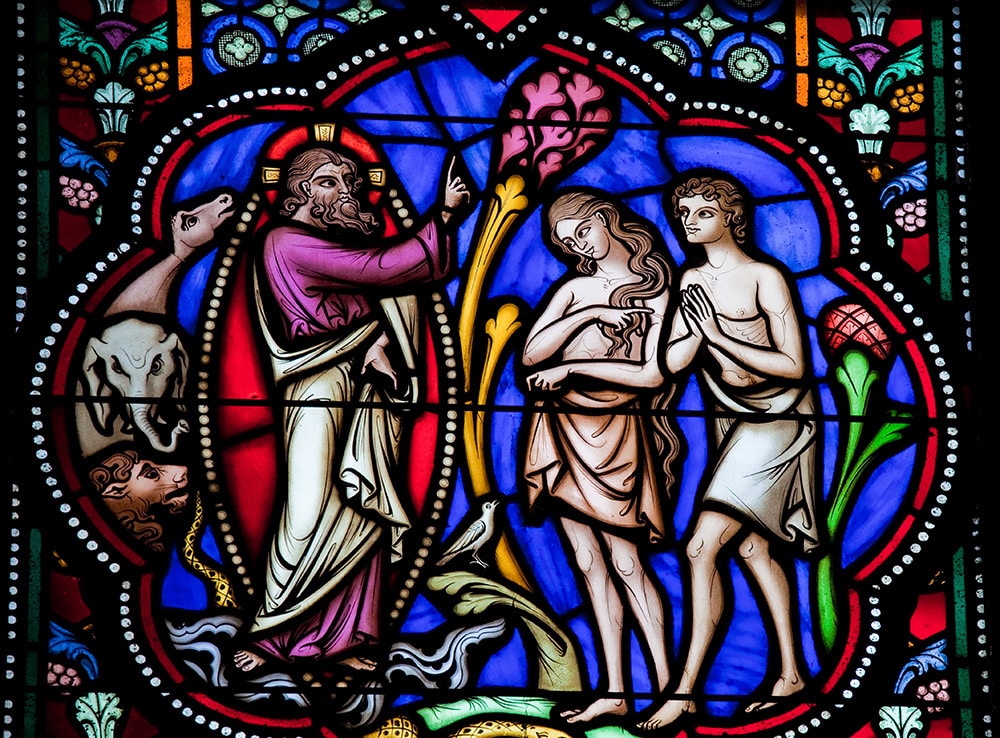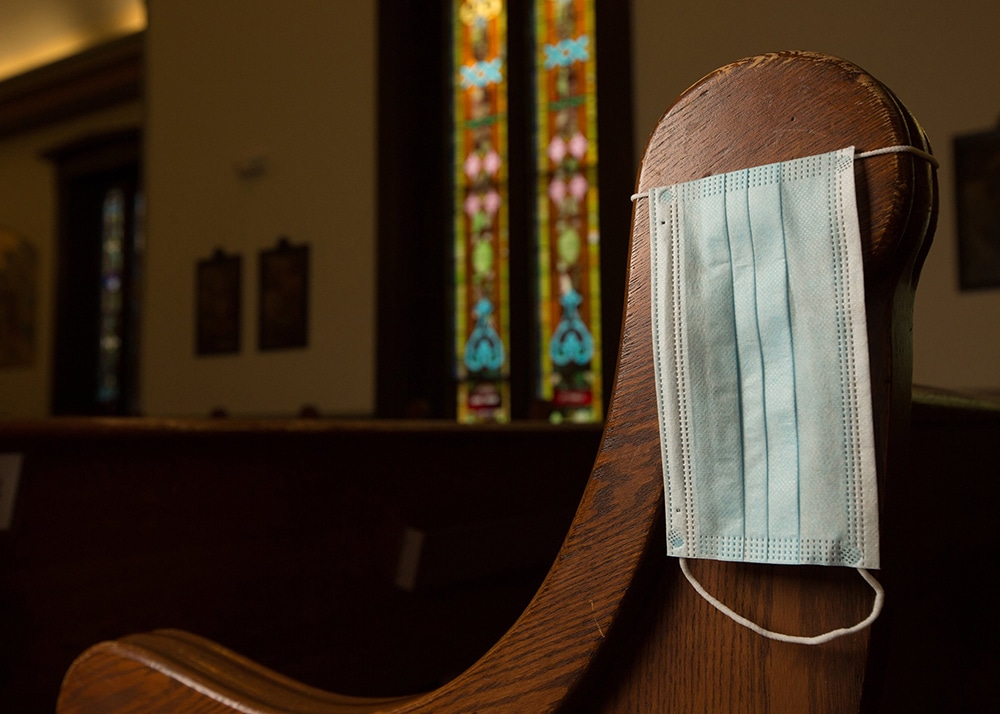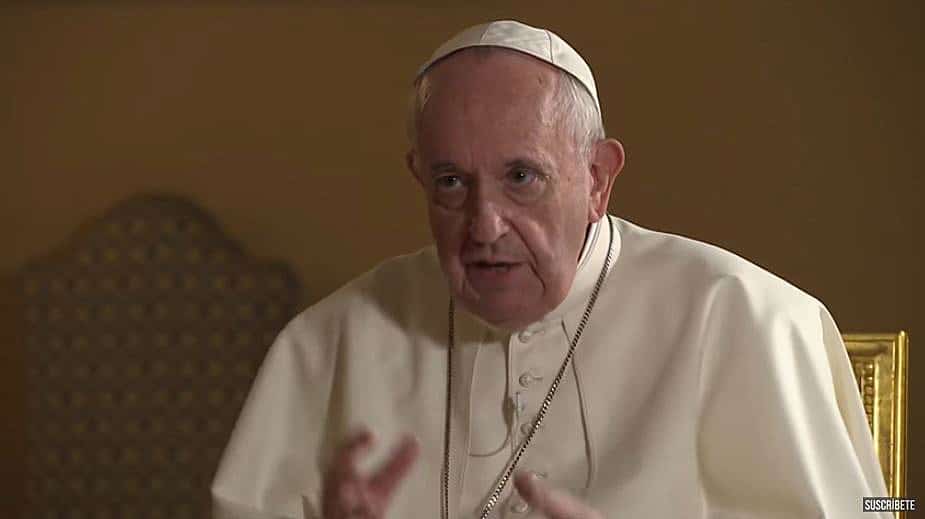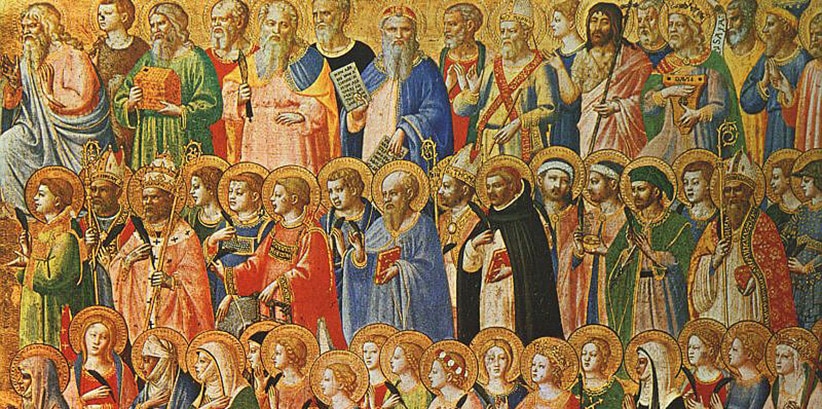 Question: Where do you think Adam is?
Question: Where do you think Adam is?
— Jim Jeson, Milwaukee
Answer: Likely in heaven. We know that after Jesus died on Good Friday, he descended to the dead. As the Catechism, rooted in Scriptures, says: “[Jesus] descended there as Savior, proclaiming the Good News to the spirits imprisoned there. Scripture calls the abode of the dead, to which the soul of Christ went down, ‘hell’ — Sheol in Hebrew, or Hades in Greek — because those who are there are deprived of the vision of God. Such is the case for all the dead, whether evil or righteous, while they await the Redeemer. … ‘It is precisely these holy souls, who awaited their Savior … whom Christ the Lord delivered when he descended into hell'” (Nos. 632-633).
In specific regard to Adam and Eve, the Church commends to us on Holy Saturday an ancient reading of how Christ sought Adam and Eve. Here is a short excerpt:
“Today a great silence reigns on earth, a great silence and a great stillness. A great silence because the King is asleep. The earth trembled and is still because God has fallen asleep in the flesh and he has raised up all who have slept ever since the world began. … He has gone to search for Adam, our first father, as for a lost sheep. Greatly desiring to visit those who live in darkness and in the shadow of death, he has gone to free from sorrow Adam in his bonds and Eve, captive with him — He who is both their God and the son of Eve. …[He calls to them:] ‘I am your God, who for your sake have become your Son. … I order you, O sleeper, to awake. I did not create you to be a prisoner in hell. Rise from the dead, for I am the life of the dead.'”
It is fitting that Adam and Eve should be raised and later ascend with Christ in the host of those formally captive (cf. Eph 4:8), for they received the “protoevangelion” (the first Gospel) that one of their descendants would crush the power of Satan. Hence, while there is no formal declaration of Adam and Eve being in heaven, it is surely a well-attested tradition on which we can rely.
Holy Spirit in the Old Testament
Question: If the Holy Spirit is eternal, why did we have to wait for Jesus to come to send the Holy Spirit? Was the Holy Spirit not available to the ancient Jews?
— Paul VanHoudt, via email
Answer: The Holy Spirit was present and available to the ancient Jews, and this is depicted in the Old Testament in many ways, even if not in the fuller way in which he dwells in the hearts of the baptized today. Even at the very beginning of Scripture, we are introduced to the Holy Spirit: “the earth was without form or shape, with darkness over the abyss and a mighty wind [spirit or breath of God] sweeping over the waters” (Gn 1:2). Other examples abound. For example, “From there they arrived at Gibeah, where a band of prophets met Saul, and the spirit of God rushed upon him, so that he joined them in their prophetic ecstasy” (1 Sm 10:10). Again, “The spirit of the Lord God is upon me, because the Lord has anointed me; He has sent me to bring good news to the afflicted, to bind up the brokenhearted, To proclaim liberty to the captives, release to the prisoners” (Is 61:1). And again, “Do not drive me from before your face, nor take from me your holy spirit” (Ps 51:13).
So there are many places where the Holy Spirit is mentioned in the Old Testament. They may not have had the full understanding of the Holy Spirit as a person in the Trinity, but it would not be fair to say the Holy Spirit was wholly unavailable to the ancient Jews.
A special dignity for the baptized in a state of grace is the Holy Spirit dwells in us as in a temple (cf. 1 Cor 6:19). We are also taught that he is a person, not just a force or an aspect of God. This indwelling and enhanced understanding are what most distinguish us from the ancient Jews and their understanding.
Msgr. Charles Pope is the pastor of Holy Comforter-St. Cyprian in Washington, D.C., and writes for the Archdiocese of Washington, D.C. at blog.adw.org. Send questions to msgrpope@osv.com.







